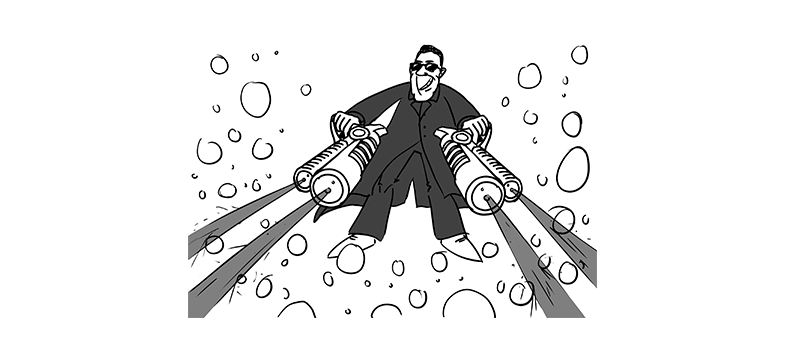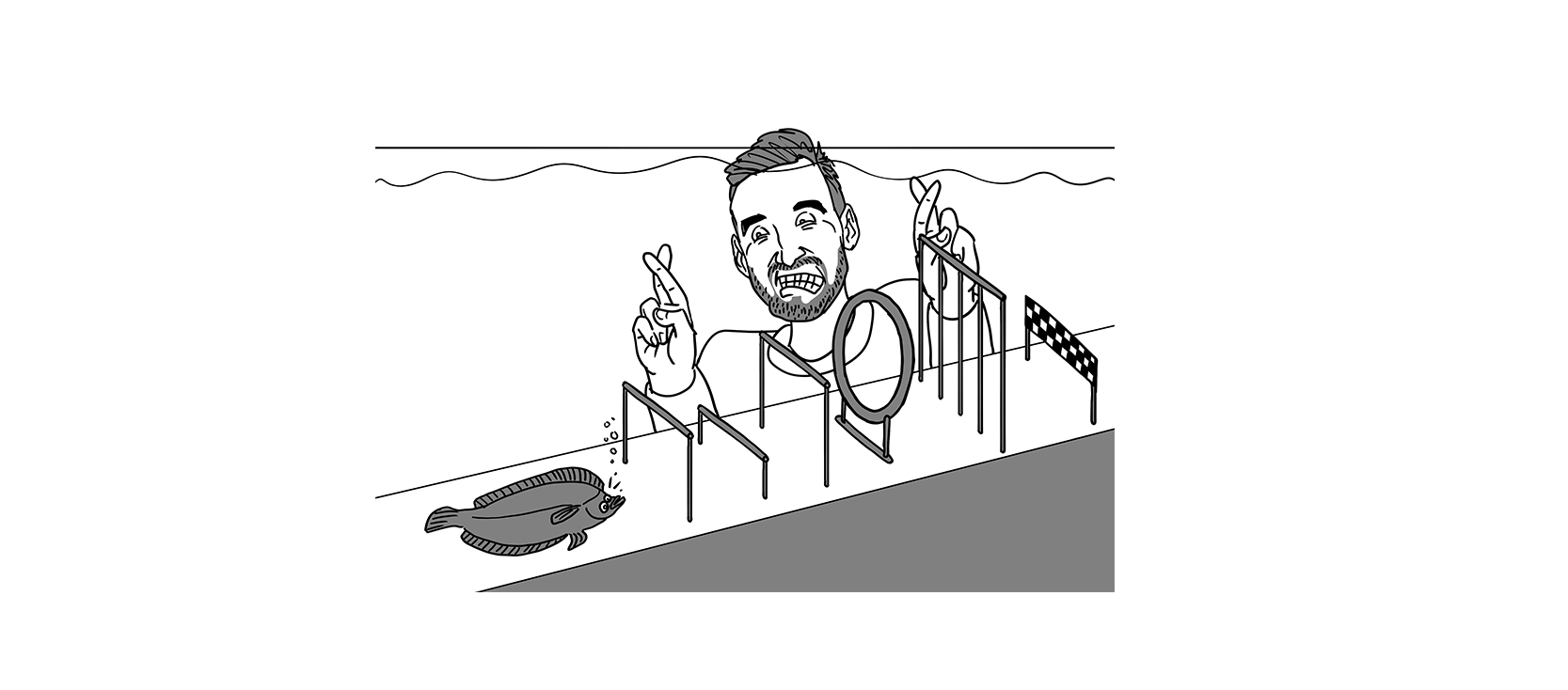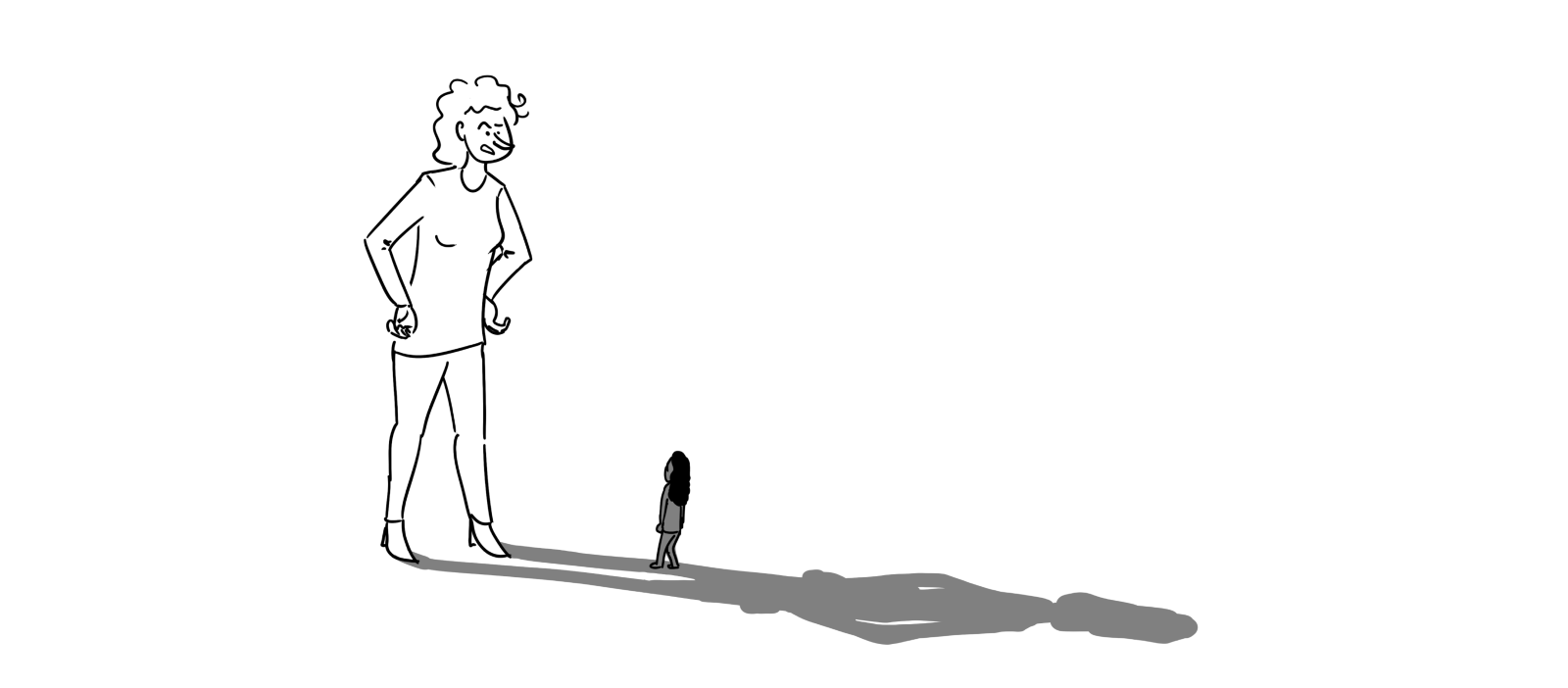A botched experiment, a rejected paper: such things are soon labelled as failures in academia. As for talking about them – not done! But that is just what WUR scientists do in this column. Because failure has its uses. This time, we hear from Mojtaba Porbahaie, a Cell Biology and Immunology researcher.
‘For more than three years of my PhD project, a particular method kept failing, but I persevered. I had written my own proposal, so I was committed to that goal. I wanted to know whether cow’s milk could support babies’ immune systems. I used antibodies from cow’s milk that bind to antigens of RSV, a virus that causes respiratory disease in children. Together, antibody and antigen form an immune complex that immune cells should recognize. I wanted to detect those structures via flow cytometry, a method for counting and analysing cells and particles using lasers. But the process depends on many factors, such as concentrations, acidity, temperature and incubation time. For a long while, I found nothing.
My supervisor encouraged me and he believed it could be done. But after three years, even he was convinced it wasn’t going to work. He wanted to drop the idea, but I persisted. I had spent so much time on it that it had to work. I set myself a goal: if it doesn’t work in the next three months, I would give up.
Now I know making mistakes is part of science, but it is never easy to accept such mistakes
But then I would do my very best during those three months. Instead of one trial, I did three trials a week. For each trial I tweaked a factor and improved one step. I told myself: there’s a chance it won’t work, but if I keep going like this, the chances of it working will eventually be higher.
I discussed the results with my supervisor and he gave advice. Bit by bit, I optimized the test. In the end, it worked. For three years it had felt like a failure. Now I know making mistakes is part of science, but it is never easy to accept such mistakes. The important thing is perseverance, plus luck and advice from colleagues. Keep trying until you get it right.’

 Illustration Stijn Schreven
Illustration Stijn Schreven 

